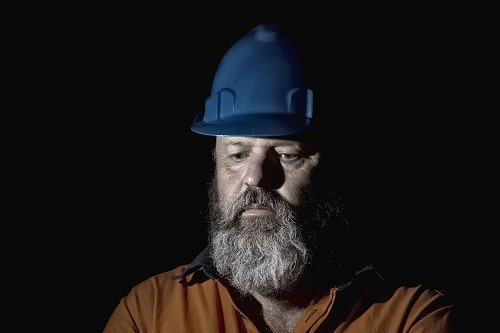UK workplaces rank among the worst in Europe for workplace demands, control at work and job strain, a new report has found.
News
UK workplaces among the unhealthiest in Europe, finds new study
Around half of those in employment work to tight deadlines or at high speed, only around a third have control over how they work, and around half report being exhausted from work, said the Institute for Employment Studies’ paper, which was published on 25 November.
 Photograph: iStock/mapodile
Photograph: iStock/mapodile
Just one-third of workers say they have control over how they work – the lowest rate in Europe.
Further, all these indicators – the chief ones known to be linked to poor health outcomes – have risen significantly over the last 25 years.
“There is extensive evidence that work can either support people’s wellbeing, or harm it. Job quality makes a huge difference,” said Jonny Gifford, principal research fellow at IES.
“Most UK workers are not in jobs that harm their mental or physical health, but some risk factors have become more common or are more pronounced for the UK than our European peers. Problem areas to prioritise now are long hours, work intensity and a lack of control or work autonomy.”
Poor job quality was found to be higher for groups already disadvantaged at work, it found. Women, for example, are much more likely than men to be at risk of burnout, while older and lower qualified people are more likely to work in tiring positions.
Overall, 1.7 million people in Great Britain reported work-related ill health in the last year.
Transport and storage, construction, commerce and hospitality – around a quarter of the workforce – face the greatest factors known to cause poor health.
The report, Exploring the Interactions Between Job Quality, Industries and Health, was produced for the Commission for Healthier Working Lives, a thinktank which represents employers, policy and economy experts, and workers.
It comes as new research showed life expectancy in the UK is among the poorest in Western Europe.
A UK worker can expect to live to an age of 80.9 years, three years less than in some other European countries, according to analysis from the Organisation for Economic Co-operation and Development.
NEWS

Nearly half of UK workers afraid to flag risks, finds new research
By Belinda Liversedge on 10 February 2026
A significant “silence gap” is threatening UK workplace safety and operational integrity, according to new data released by training provider Mental Health First Aid (MHFA) England.
Sexual misconduct in dentistry: former GDC fellow warns of ‘culture of silence’
By Belinda Liversedge on 05 February 2026
A former General Dental Council (GDC) clinical fellow is calling for a radical shift in how the dental sector manages workplace risk, warning that a “culture of silence” is masking the problem of sexual misconduct in the profession.

Tinnitus UK demands national safety standard as live music workers face hearing loss epidemic
By Belinda Liversedge on 03 February 2026
Tinnitus UK is calling for clear, enforceable standards on hearing protection and training after a staggering 93 per cent of live music workers report hearing problems.



